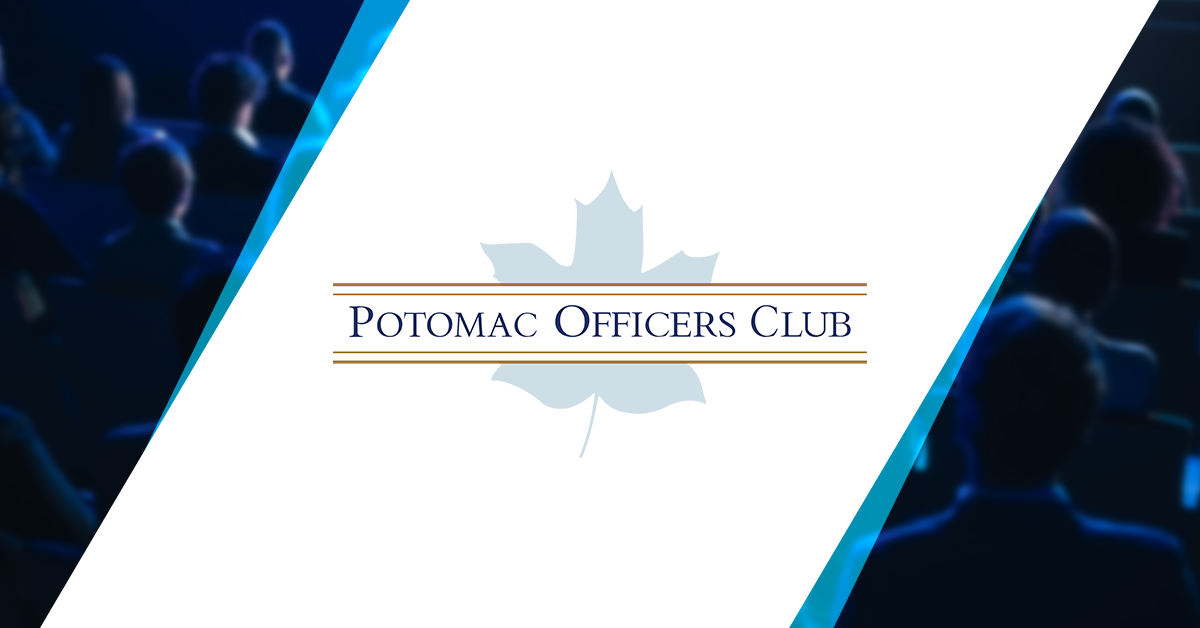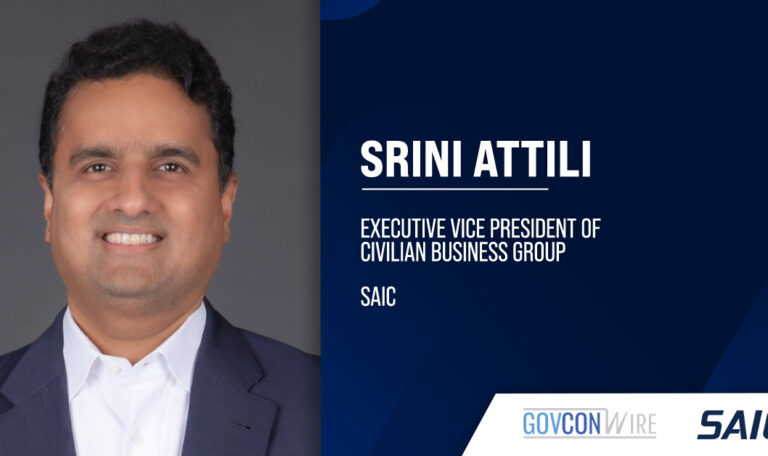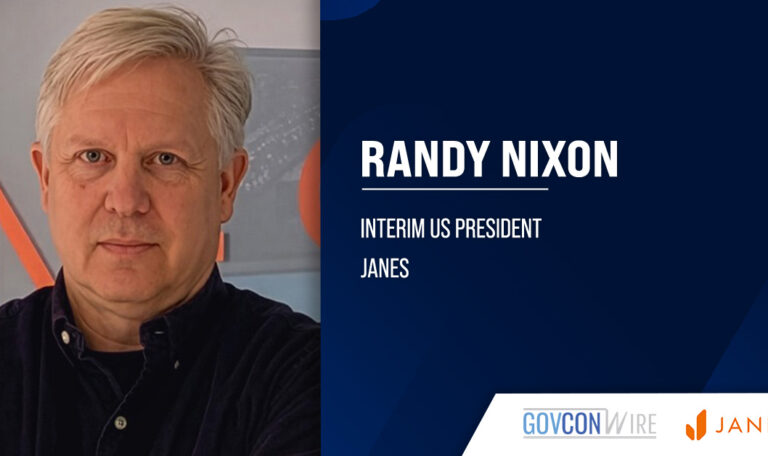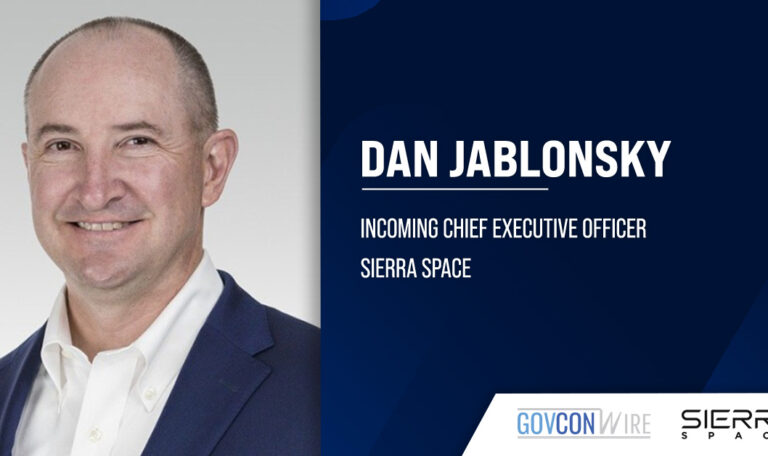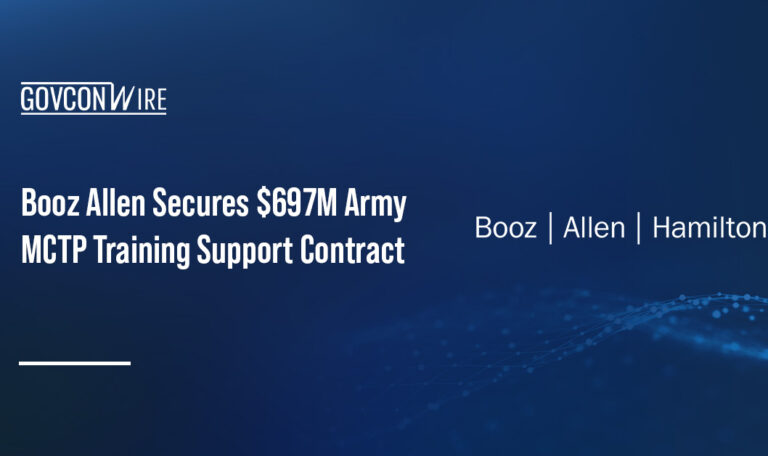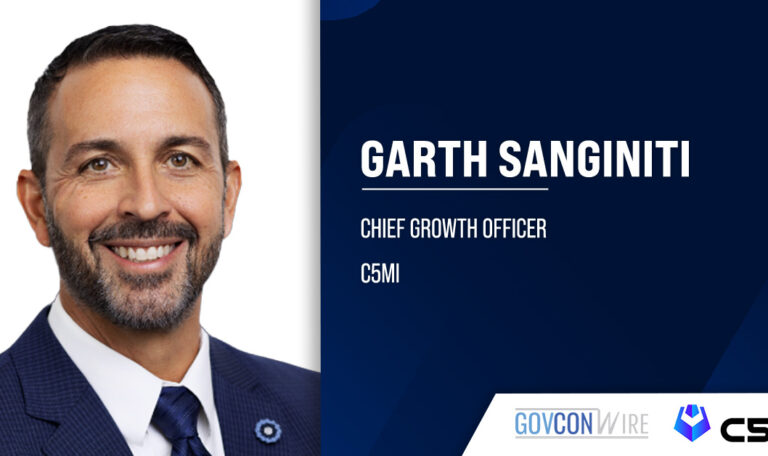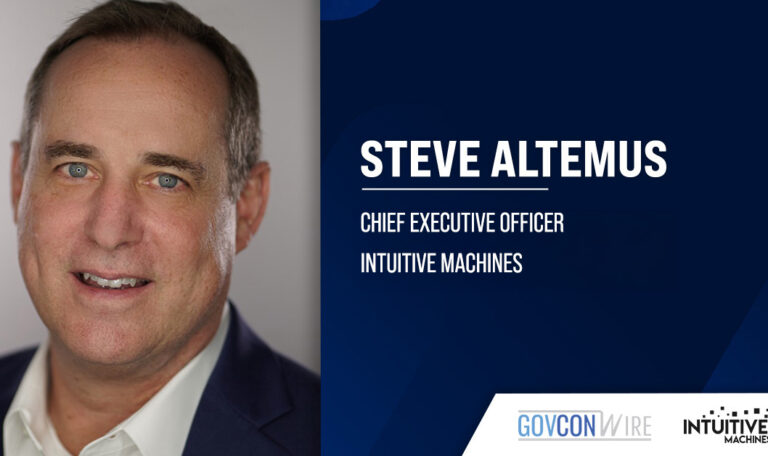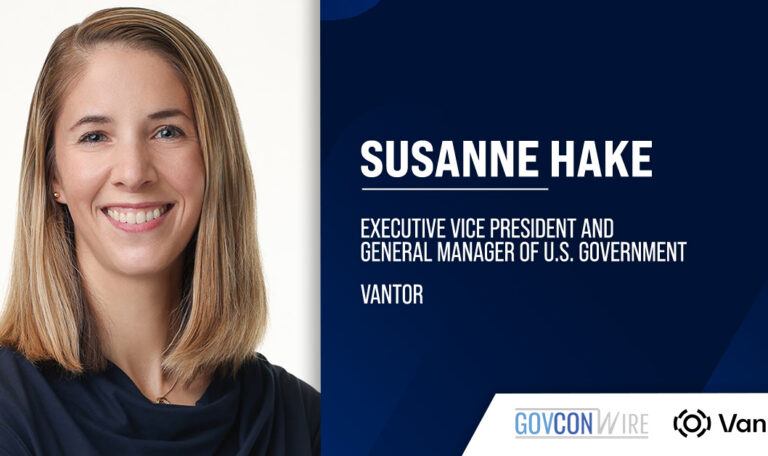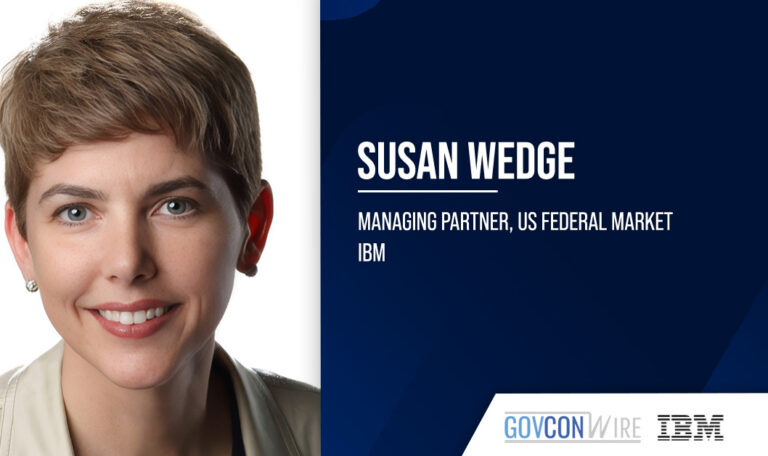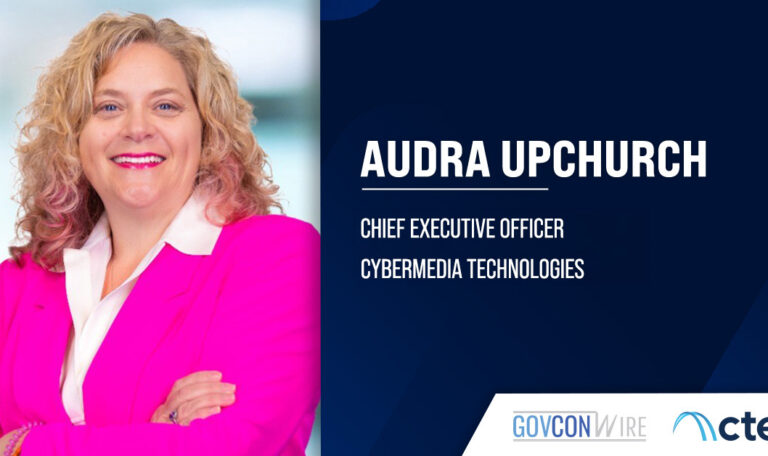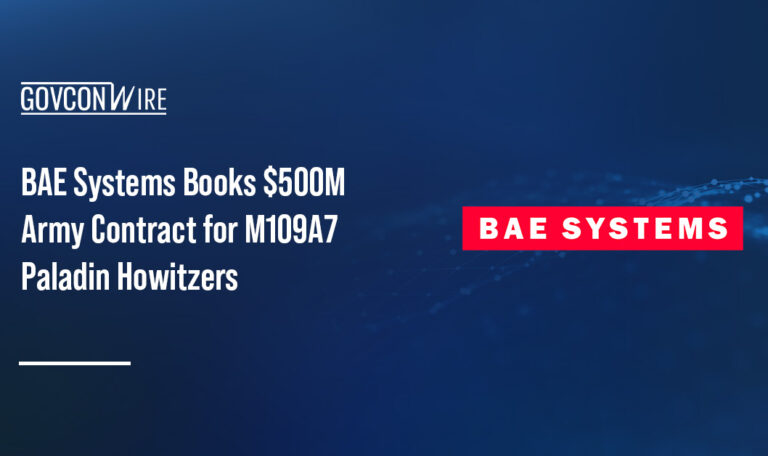Potomac Officers Club enters 2024 with a selection of can’t-miss events to start the government contracting community’s year off right. As usual for the organization, the conferences will provide opportunities for attendees to hear from top government officials in their fields, creating dialogues between industry and the federal sector. There is also always time for networking between colleagues and competitors alike — all of the top GovCon companies send representatives to POC events.
Below you’ll find a helpful guide to the trio of compelling, informative symposiums POC is hosting this January. Identify which events are right for you and your company and make sure to register now — spots are limited and fill up quickly.
10th Annual Defense R&D Summit
One of POC’s most celebrated and anticipated annual events!
When and where: Jan. 31 at Hilton Alexandria Mark Center in Alexandria, Virginia, 7 a.m. – 4:30 p.m.
Topic: Research and development of new mission-critical tools and technologies in the defense sector, ranging from artificial intelligence to intelligent NetOps to the virtual battlespace. Six keynote speeches will set the tone and establish overarching trends while six panel sessions will drill down into specific subject matter.
Participants: Keynote speakers include Under Secretary of Defense for Research and Engineering Heidi Shyu, Strategic Capabilities Office Director Jay Dryer and Defense Innovation Unit Deputy Director Aditi Kumar. Panelists include the DOD’s Maynard Holliday, Booz Allen Hamilton’s Randy Yamada, the U.S. Army’s Patrick Baker and many more.
Sponsors: Ericsson, Ultra Intelligence and Communications, Riverside Research, Nokia, Digital Science, Oceus, Box and Booz Allen Hamilton
When and where: Jan. 25 at 2941 Restaurant in Falls Church, Virginia, 7 a.m. – 10 a.m.
Topic: The customer experience revolution; how to tailor government IT systems and customer service processes to citizens’ needs.
Participants: Keynote from Dana Chisnell of the Department of Homeland Security (pending approval); panel participants including Victor Udoewa from the Centers for Disease Control and Prevention and Karen Howard of the Internal Revenue Service
Sponsor: Radiant Digital
Challenges and Best Practices to Achieving Audit Readiness in the DOD Forum
When and where: Virtual on Jan. 29, 11 a.m. – 12:30 p.m.
Topic: Navigating the sometimes complicated world of audits within the government contracting space; how to abide by Federal Acquisition Regulation requirements and more when doing business with the Department of Defense
Participants: U.S. Transportation Command’s Jacqueline Benningfield; Defense Logistics Agency’s Thomas Moslak; and U.S. Air Force’s Todd Baker
Sponsors: CACI International, Crowley, Unanet
To browse the full slate of 2024 Potomac Officers Club events, click here.


